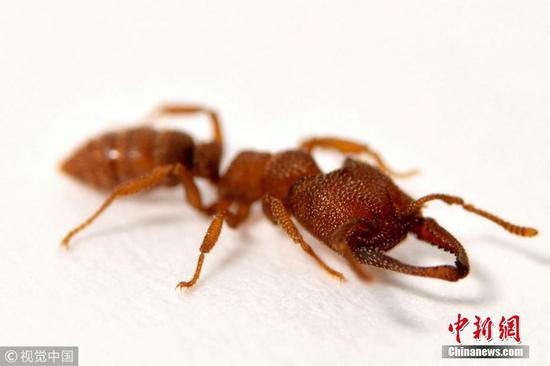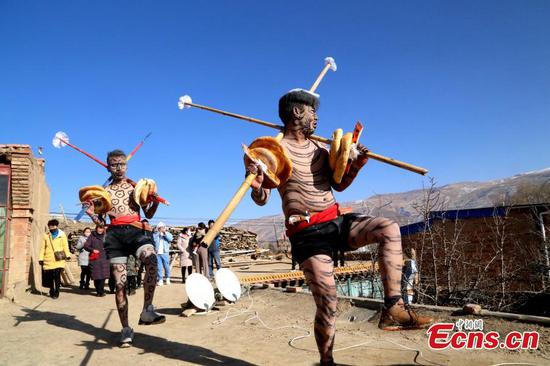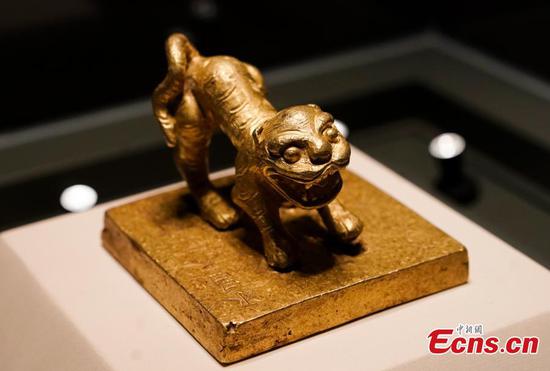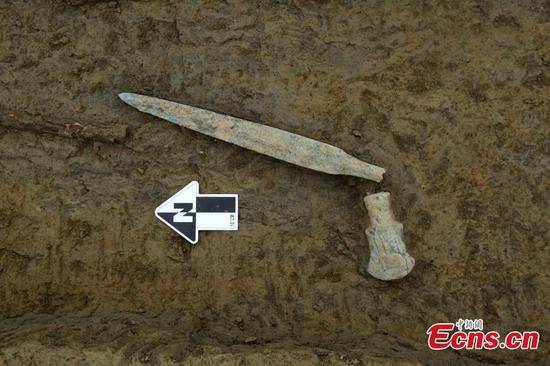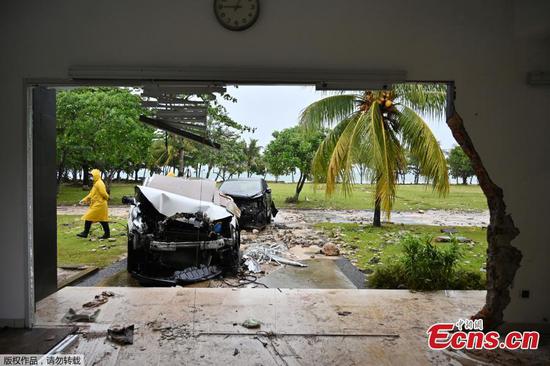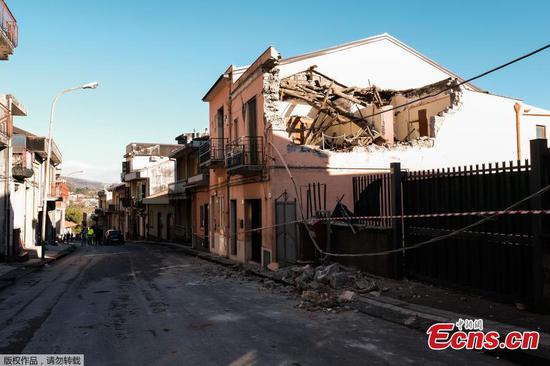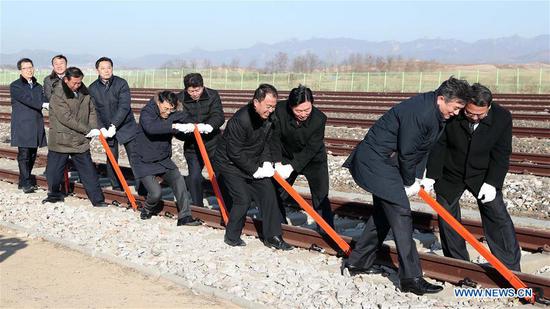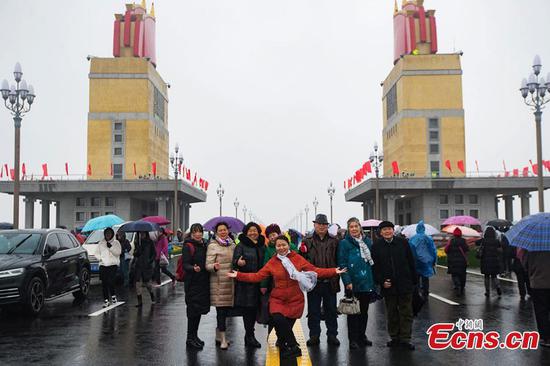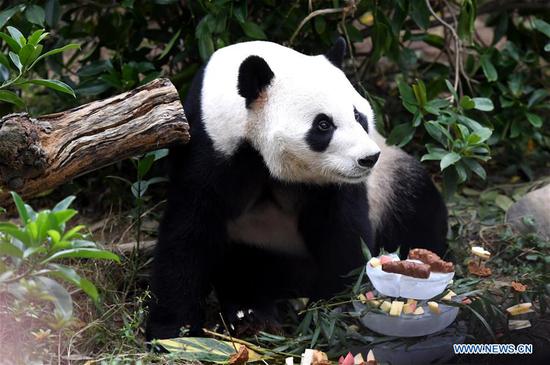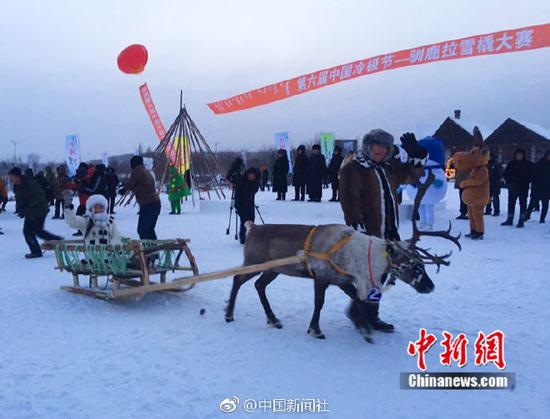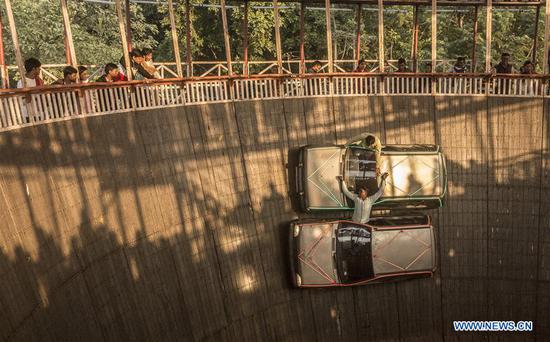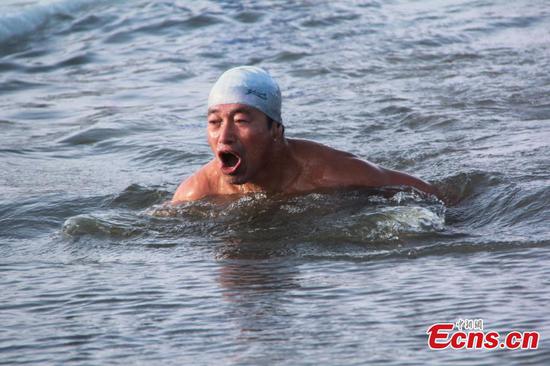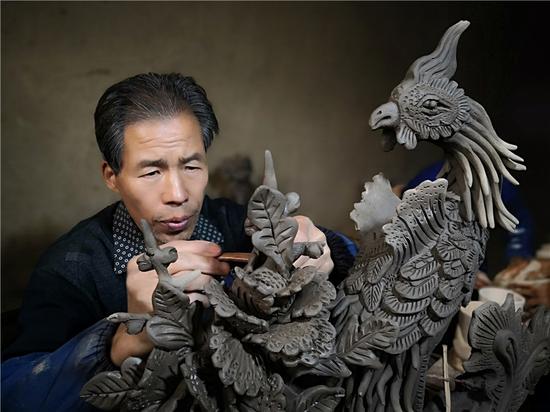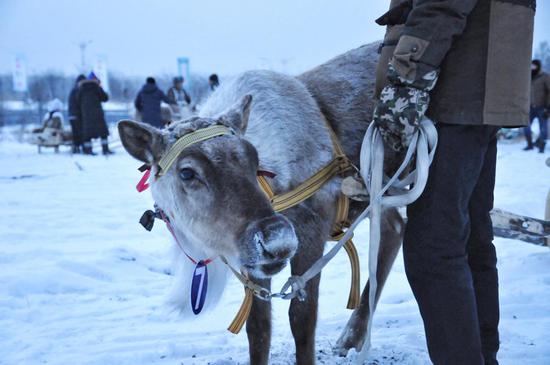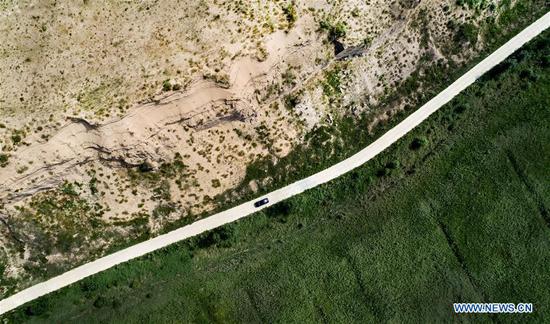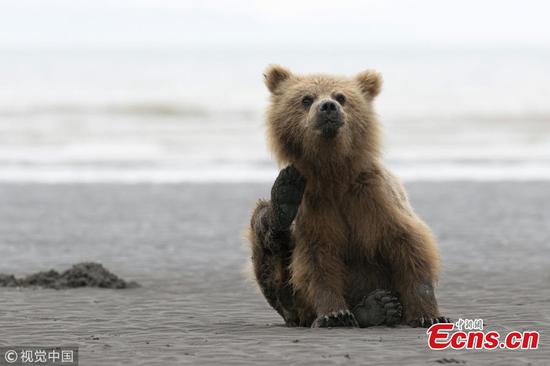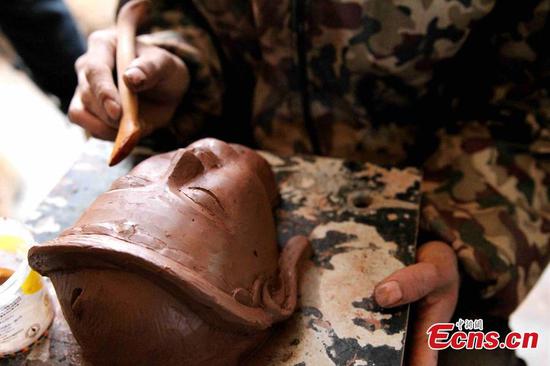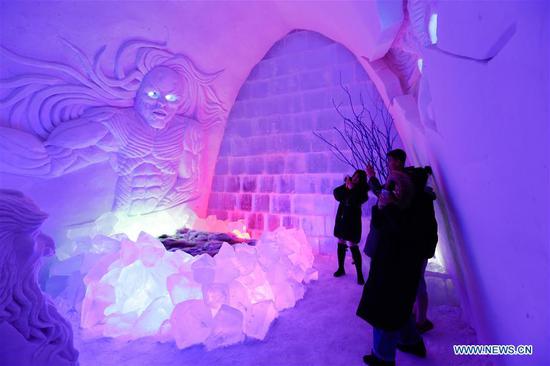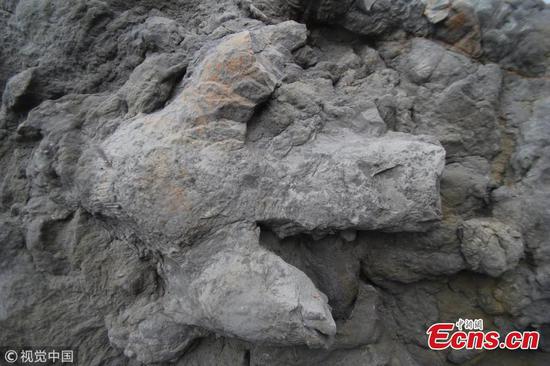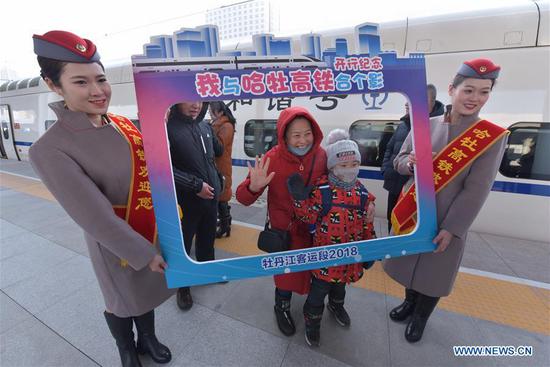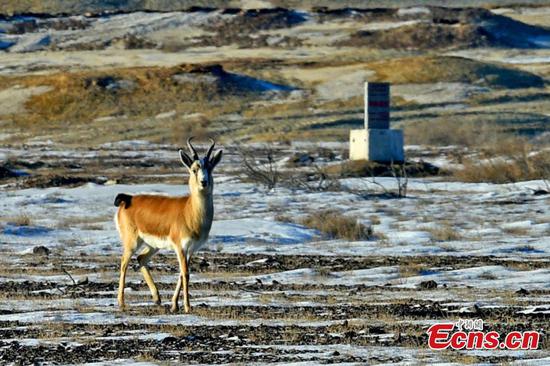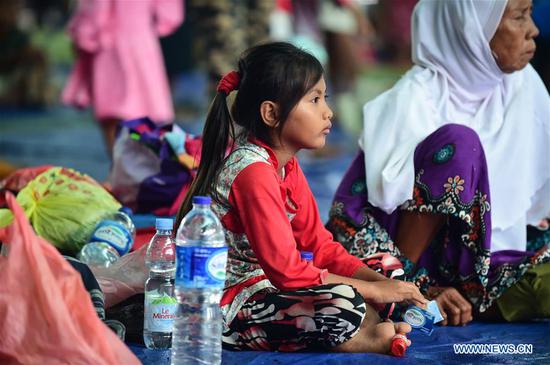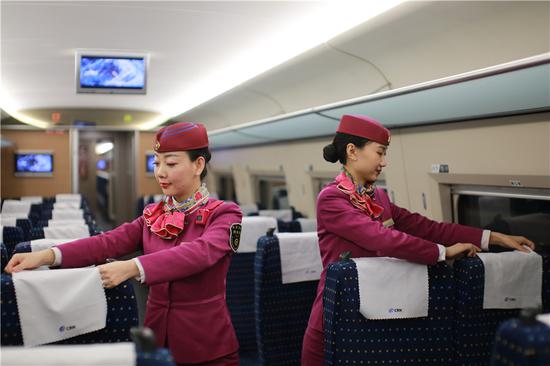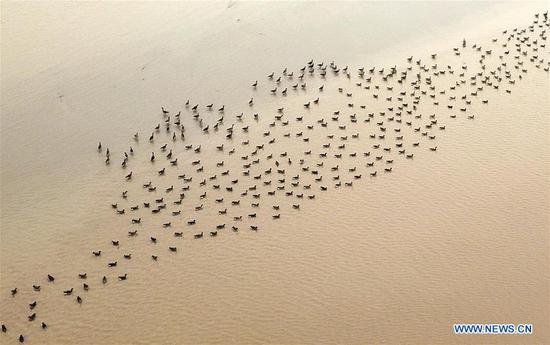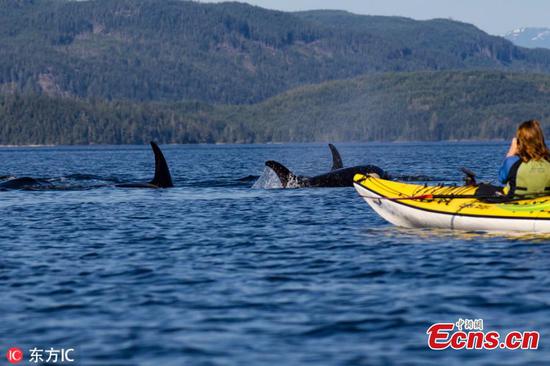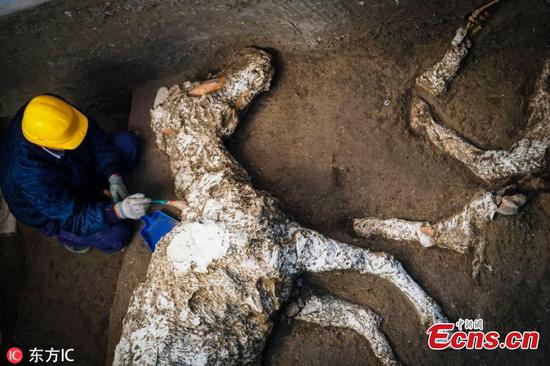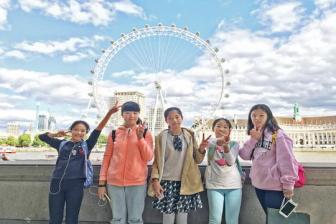
Students gather for summer school in the UK. (Photo provided to China Daily)
Middle-income parents are increasing their investment in children's education, with the number of parents sending children to winter or summer camps overseas becoming more commonplace.
The booking of winter camps overseas during the upcoming vacation next year on Ctrip, China's largest online travel agency, has risen by 80 percent from last year, and some products have nearly sold out. The per capita spending on a study tour stood at 21,000 yuan ($3,040), according to Ctrip.
Last year, 860,000 of Chinese students joined overseas study tours, and the number is expected to exceed 1 million in 2018. By 2020, the market scale of overseas study tours is expected to reach 40 billion yuan, according to the figures of the Ministry of Education and Chinabaogao.com.
The United States, Australia, New Zealand and Singapore were the top destinations for teenagers keen on overseas study tours and most of them were keen to take language classes, to improve their English, as part of these programs.
"A 'golden level', the highest-quality winter camp available on our website, requires the camp to provide more than five hours of classes every day. In addition, every 12 children need to be accompanied by a professional employee," said Zhang Jie, director of overseas study tours at Ctrip.
"Most of the Western countries take their winter breaks during the Christmas period, while the winter vacation of Chinese schools usually starts in late January, in line with the Spring Festival. When Chinese children take the tours, most of the foreign schools would have already started their new semesters. As a result, many of these products allow Chinese students to join real classes abroad," she said.
Several countries are offering unique and specific programs to welcome Chinese children who come on study tours. Switzerland and northern Europe have launched programs that are related to ice and snow sports and culture.
Countries such as Australia, New Zealand, Thailand and Indonesia have established a series of events, including ecological classes, outdoor adventures, and ranch life experiences.
"This year, tours that simply include visits to renowned overseas universities and sightseeing spots have lost their market. Instead, programs that provide real learning experiences have taken over," Zhang said.
Ge Xiaotan, a first-year senior high school student from China, took a two-week study tour to Australia during the winter vacation earlier this year. Her agenda included homestay with a local family, classes every morning, and trips to various places of interest in the afternoon.
"I had an enriching experience and I think my English has improved significantly. I took a bus from my homestay family to school every day, and I also cooked food with them. It seems like I'm more independent than I expected," she said.










